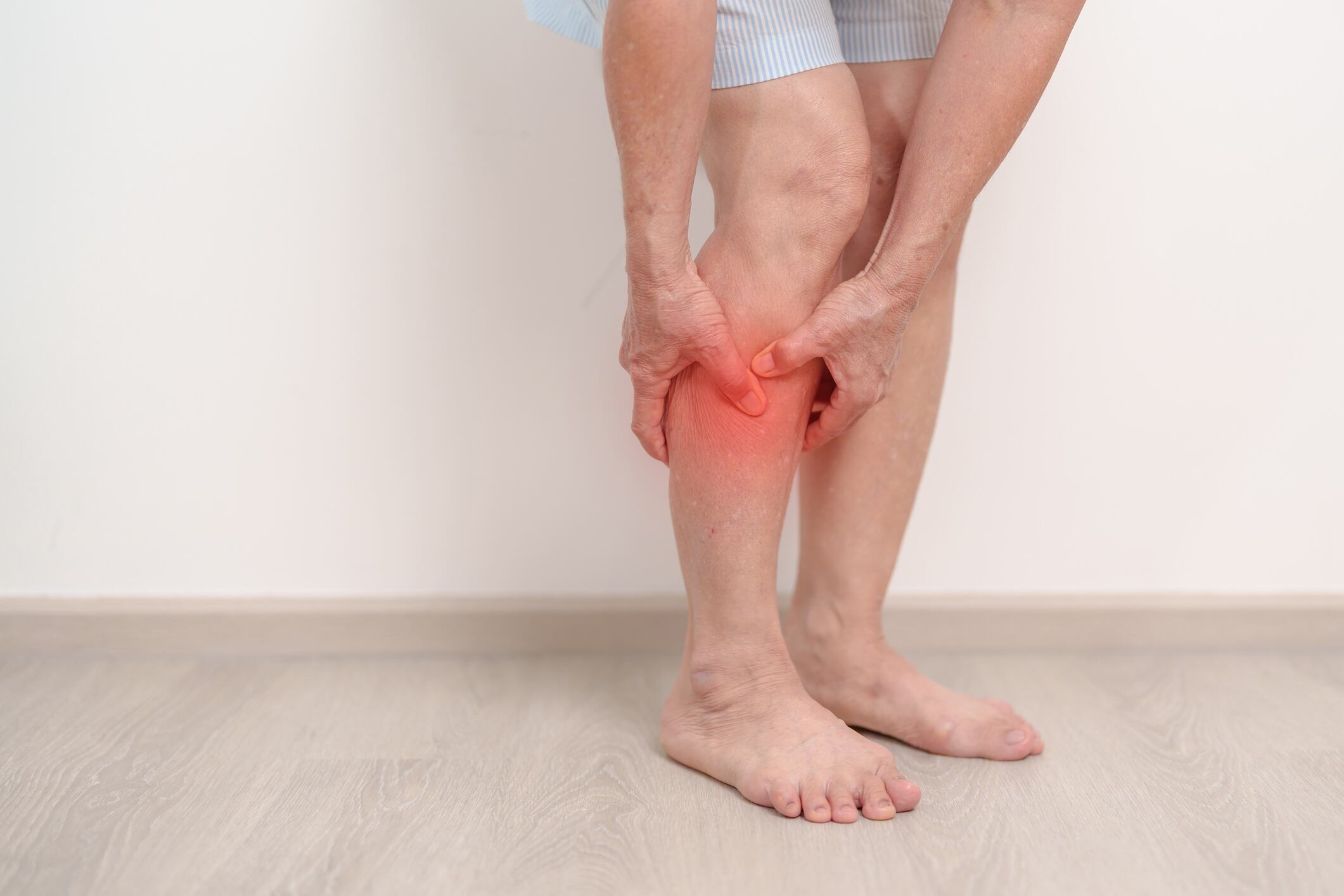Health
Omega-3 Fatty Acids Linked to Reduced Risk of Venous Thrombosis

Research published in the American Journal of Clinical Nutrition suggests a significant link between omega-3 fatty acids and a lowered risk of venous thromboembolism (VTE). Data indicates that individuals with the highest average omega-3 levels experienced a 28% reduction in VTE risk compared to those with the lowest levels. This finding is part of a broader investigation into dietary influences on vascular health.
The study, conducted by researchers affiliated with institutions in Sweden, Norway, and the UK, assessed the relationship between serum concentrations of omega-3 fatty acids and the occurrence of VTE. Researchers noted, “Our findings of an inverse relationship between serum n–3 PUFAs concentrations and risk of future VTE… indicate a protective role of dietary intake of n–3 PUFAs on VTE risk.” This conclusion is supported by various prior studies, which also highlighted the antithrombotic properties of omega-3 fatty acids.
Understanding Venous Thromboembolism
Venous thromboembolism affects approximately 10 million people globally each year. The incidence of VTE has escalated in recent decades, presenting a major healthcare challenge due to its long-term complications, associated hospitalizations, comorbidities, and high mortality rates. The researchers emphasized the importance of further investigation into dietary interventions that could mitigate these risks.
Utilizing data from the Trøndelag Health Study, which included 17,087 participants aged 20 and older, the study measured omega-3 levels through blood samples taken between 2006 and 2008. Over an average follow-up period of 12 years, researchers documented 340 VTE events. Analysis revealed that individuals with omega-3 concentrations equal to or exceeding 0.81 mmol/liter had a 28% lower risk of VTE than those with levels below 0.56 mmol/L. Notably, the reduction in risk was most pronounced for deep vein thrombosis (DVT), where the high omega-3 group experienced a remarkable 39% reduction in risk compared to the low omega-3 group.
“Our findings suggest that high serum n–3 PUFA concentrations are protective against the risk of future VTE,” the researchers concluded. They advocated for randomized controlled studies to assess dietary interventions involving n–3 PUFAs, despite potential cost barriers.
Implications for Future Research
In an accompanying editorial, Christian Bork from Aalborg University in Denmark welcomed the findings, highlighting the ongoing uncertainty surrounding omega-3 fatty acids and VTE. “We are still sailing in a sea of uncertainty… but the study by Johansson et al. contributes to fill the gap in the literature,” he stated. Bork called for further investigation into individual omega-3 fatty acids, recommending the use of longer-term biomarkers and clinical trials to deepen understanding of their effects.
As the research community continues to explore the implications of these findings, the evidence supporting omega-3 fatty acids’ protective role against VTE may influence future dietary guidelines and recommendations for preventing this serious health concern.
-

 Entertainment2 months ago
Entertainment2 months agoAnn Ming Reflects on ITV’s ‘I Fought the Law’ Drama
-

 Entertainment3 months ago
Entertainment3 months agoKate Garraway Sells £2 Million Home Amid Financial Struggles
-

 Health2 months ago
Health2 months agoKatie Price Faces New Health Concerns After Cancer Symptoms Resurface
-

 Entertainment2 months ago
Entertainment2 months agoCoronation Street’s Carl Webster Faces Trouble with New Affairs
-

 Entertainment2 months ago
Entertainment2 months agoWhere is Tinder Swindler Simon Leviev? Latest Updates Revealed
-

 Entertainment3 months ago
Entertainment3 months agoKim Cattrall Posts Cryptic Message After HBO’s Sequel Cancellation
-

 Entertainment2 months ago
Entertainment2 months agoOlivia Attwood Opens Up About Fallout with Former Best Friend
-

 Entertainment2 months ago
Entertainment2 months agoMasterChef Faces Turmoil as Tom Kerridge Withdraws from Hosting Role
-

 Entertainment3 months ago
Entertainment3 months agoSpeculation Surrounds Home and Away as Cast Departures Mount
-

 World2 months ago
World2 months agoCole Palmer’s Mysterious Message to Kobbie Mainoo Sparks Speculation
-

 Entertainment3 months ago
Entertainment3 months agoMarkiplier Addresses AI Controversy During Livestream Response
-

 Entertainment2 months ago
Entertainment2 months agoITV’s I Fought the Law: Unraveling the True Story Behind the Drama





















